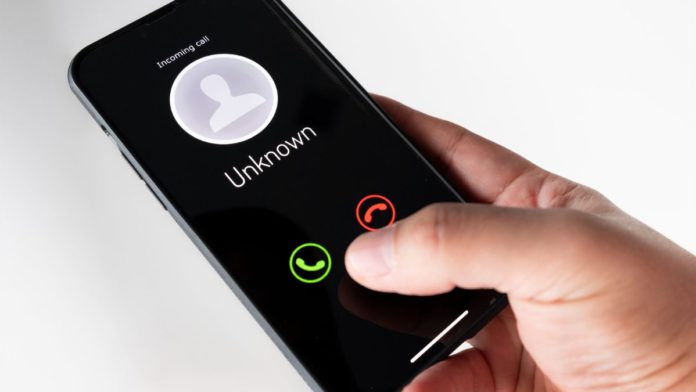According to a McAfee study, “The Artificial Imposter,” almost half (47%) of Indian adult participants have either fallen victim to an AI voice scam themselves or know someone who has. This is nearly twice as much as the global average (25%).
It has become easier to edit photographs, videos, and sounds of friends and family members because of the growing use and acceptance of artificial intelligence applications. Cybercriminals are tricking people using voice cloning technology based on artificial intelligence.
Fraudsters are using artificial intelligence (AI) to imitate the voices of distraught family members, and many Indians are falling for these frauds. The majority (69%) of Indians are unable to tell the difference between a real human voice and an artificial intelligence-generated one.
Read More: OpenAI Closes $300 Million Funding Round Between $27-$29 billion Valuation
With only three seconds of audio needed to duplicate a person’s voice, AI technology is contributing to an increase in online voice scams. The study involved 7,054 participants from seven nations, including India.
The McAfee investigation found that 48% of Indian participants reported financial losses of more than 50,000 in AI frauds. People are now more skeptical about the validity of internet content as a result of the prevalence of deepfakes and fake news.
According to the study, 27% of Indian adults no longer trust social media sites, and 43% are concerned about the spread of false or misleading information.


